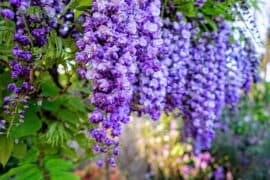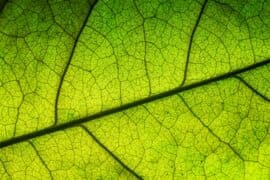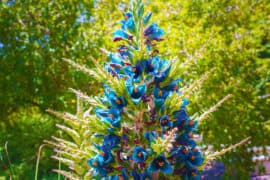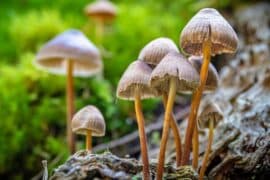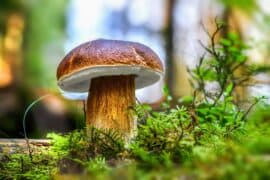Wild potato
(Solanum michoacanum)
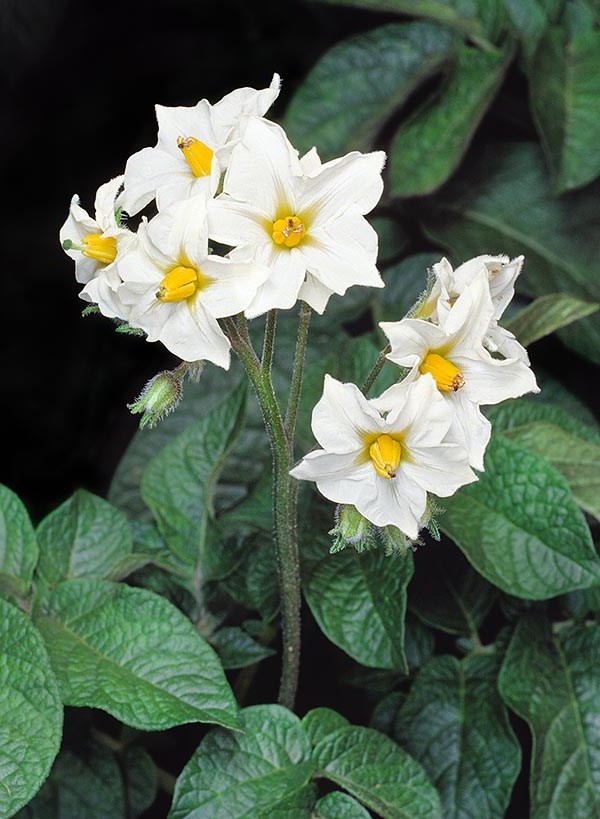
Description
Solanum jamesii (common names: wild potato or Four Corners potato) is a species of nightshade. Its range includes the southern United States. All parts of the plant, and especially the fruit, are toxic, containing solanine when it matures. The tubers were/are eaten raw or cooked by several Native American tribes, but they require leaching and boiling in clay in order to be rendered edible. The tubers are small when compared to familiar varieties of S. tuberosum. Escalante Valley in Utah boasts the oldest known cultivation sites of the Four Corners potato, dating back over 7,000 years, and the plant is so prevalent there that a former name for the area was "Potato Valley". S. jamesii is sometimes grown in yards or gardens as an ornamental plant, and there have been recent experiments in Escalante, Utah to start growing it as a food vegetable again, making use of the lower-alkaloid cultivars selected by the natives. According to cultivariable.com, "The primary glycoalkaloid in this species is tomatine, unlike the domesticated potato, in which the primary glycoalkaloids are solanine and chaconine." Solanum is a large and diverse genus of flowering plants, which include three food crops of high economic importance: the potato, the tomato and the eggplant (aubergine, brinjal). It also contains the nightshades and horse nettles, as well as numerous plants cultivated for their ornamental flowers and fruit. Solanum species show a wide range of growing habits, such as annuals and perennials, vines, subshrubs, shrubs, and small trees. Many formerly independent genera like Lycopersicon (the tomatoes) and Cyphomandra are now included in Solanum as subgenera or sections. Thus, the genus today contains roughly 1,500–2,000 species. The generic name was first used by Pliny the Elder (AD 23–79) for a plant also known as strychnos, most likely S. nigrum. Its derivation is uncertain, possibly stemming from the Latin word sol, meaning "sun", referring to its status as a plant of the sun. The species most commonly called nightshade in North America and Britain is Solanum dulcamara, also called bittersweet or woody nightshade. Its foliage and egg-shaped red berries are poisonous, the active principle being solanine, which can cause convulsions and death if taken in large doses.
Taxonomic tree:

